In a dramatic turn of events, Homa Bay County Senator Moses Kajwang has revealed that the Orange Democratic Movement (ODM) will not endorse President William Ruto in the 2027 general election, igniting internal turmoil within the ruling alliance and setting the stage for a potentially seismic shift in Kenya’s political terrain.
Speaking on a vernacular FM station on Thursday, Kajwang asserted that ODM’s future lies outside the Kenya Kwanza coalition, signalling that the party intends to field its own candidate rather than support Ruto’s re-election bid. His remarks come amid growing speculation about ODM’s longer-term strategy and whether its alignment with state power remains temporary and tactical.
What Kajwang Said
According to Kajwang’s statement, ODM is keen to preserve its identity and independence, rejecting what he described as “automatic endorsement” of an incumbent who does not align with the party’s priorities. While he stopped short of naming a successor for the party, he emphasised that ODM will choose its own path in 2027. In his words: “There must be clarity: we will either endorse someone who reflects our values or we go it alone.”
The Senator’s comments point to dissatisfaction within ODM’s ranks over policy direction, representation in government, and the perception that the party is being overshadowed in its role within the Kenya Kwanza alliance.
Implications for the 2027 Race
The refusal by ODM to commit to backing Ruto sends shock waves through the political landscape:
- Electoral math disrupted: Ruto’s re-election path has counted on allied parties such as ODM offering support in key strongholds. ODM’s withdrawal could leave a glaring gap in voter mobilization in Nyanza and parts of Western Kenya.
- Alliance fracture looms: The Kenya Kwanza coalition, already juggling multiple regional and ethnic blocs, now faces the prospect of a high-profile partner moving out of alignment — a blow to unity and strategic coherence.
- ODM’s repositioning: By signalling independence, ODM appears to be repositioning itself as a stronger contender for 2027, possibly as a king-maker or even competitor, rather than remaining a junior partner.
- Opening for opposition: Rival parties may seize on the split, crafting new arrangements or forging novel alliances around disaffected voters and cannibalised support bases.
Why This Matters Now
This announcement comes at a moment when Kenya is entering the full-throttle phase of pre-election manoeuvring. According to analysts, alignments made today will determine candidate selection, resource mobilization and ground strategy for 2027. The fact that ODM is openly distancing itself from Ruto — who remains the sitting president — suggests deeper dissatisfaction with the current power structure and a desire to reset the party’s trajectory ahead of the election.
For Ruto and the Kenya Kwanza coalition, the warning is clear: ally loyalty cannot be taken for granted. Within the next months, negotiations will intensify as competing factions jostle for advantage and parties decide whether to stay in, break away, or chart independent paths.

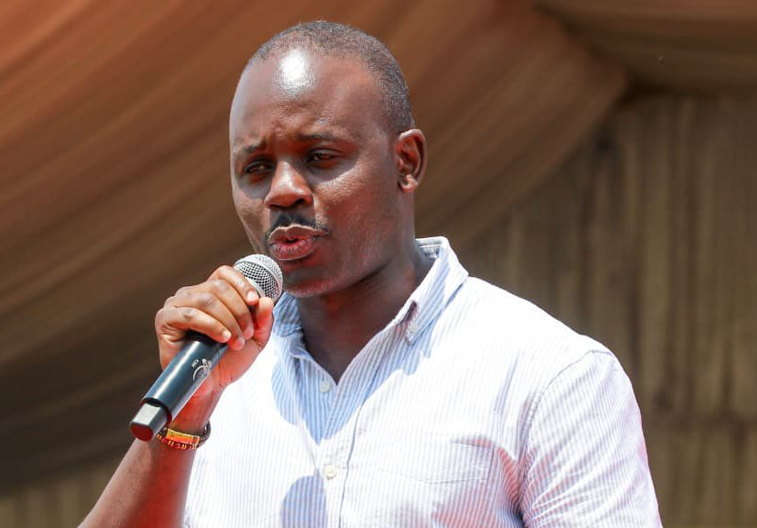



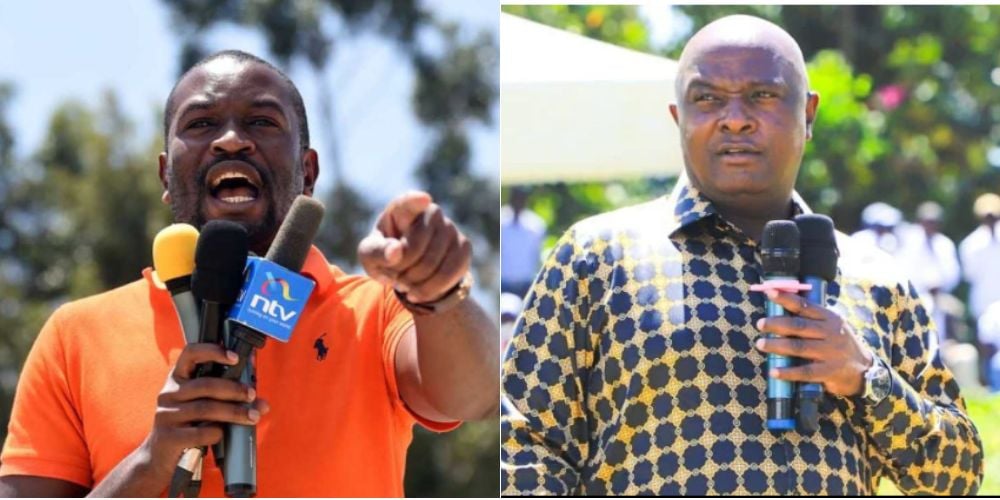
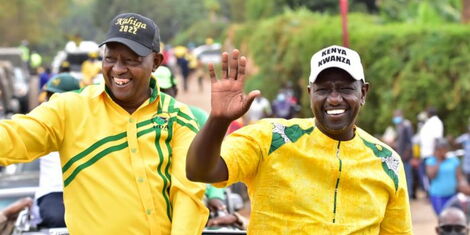
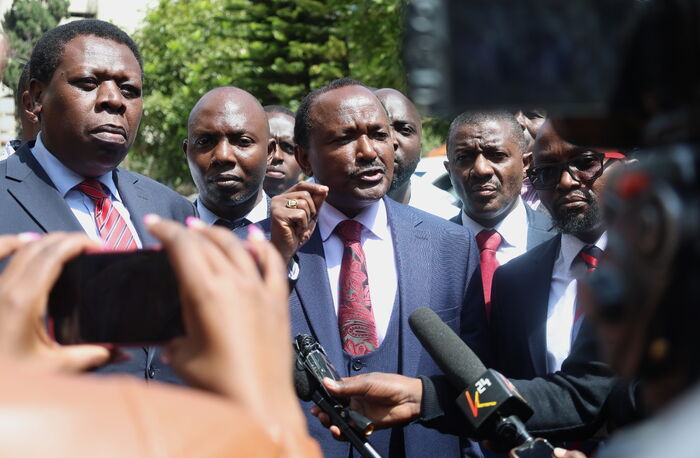
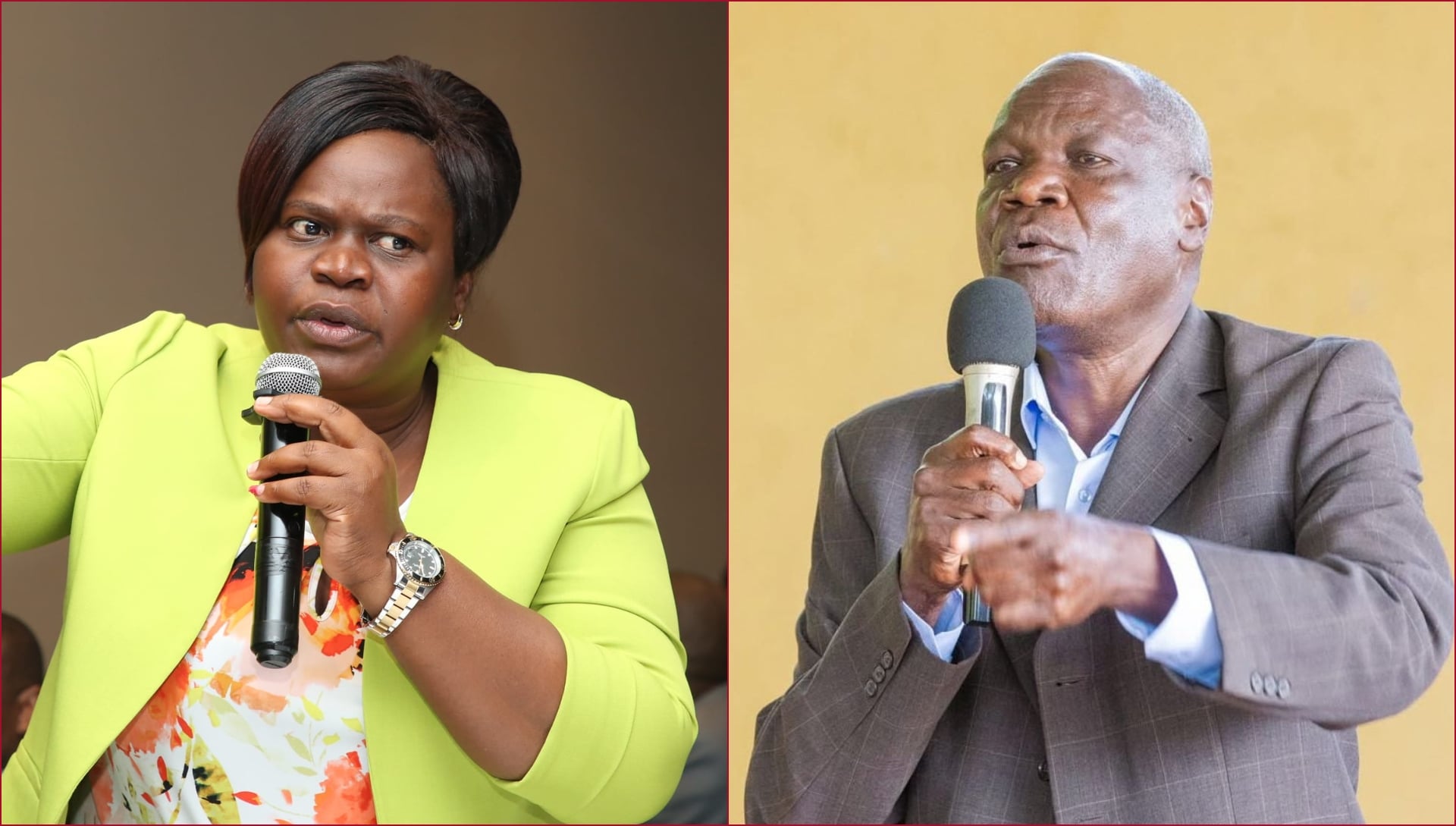
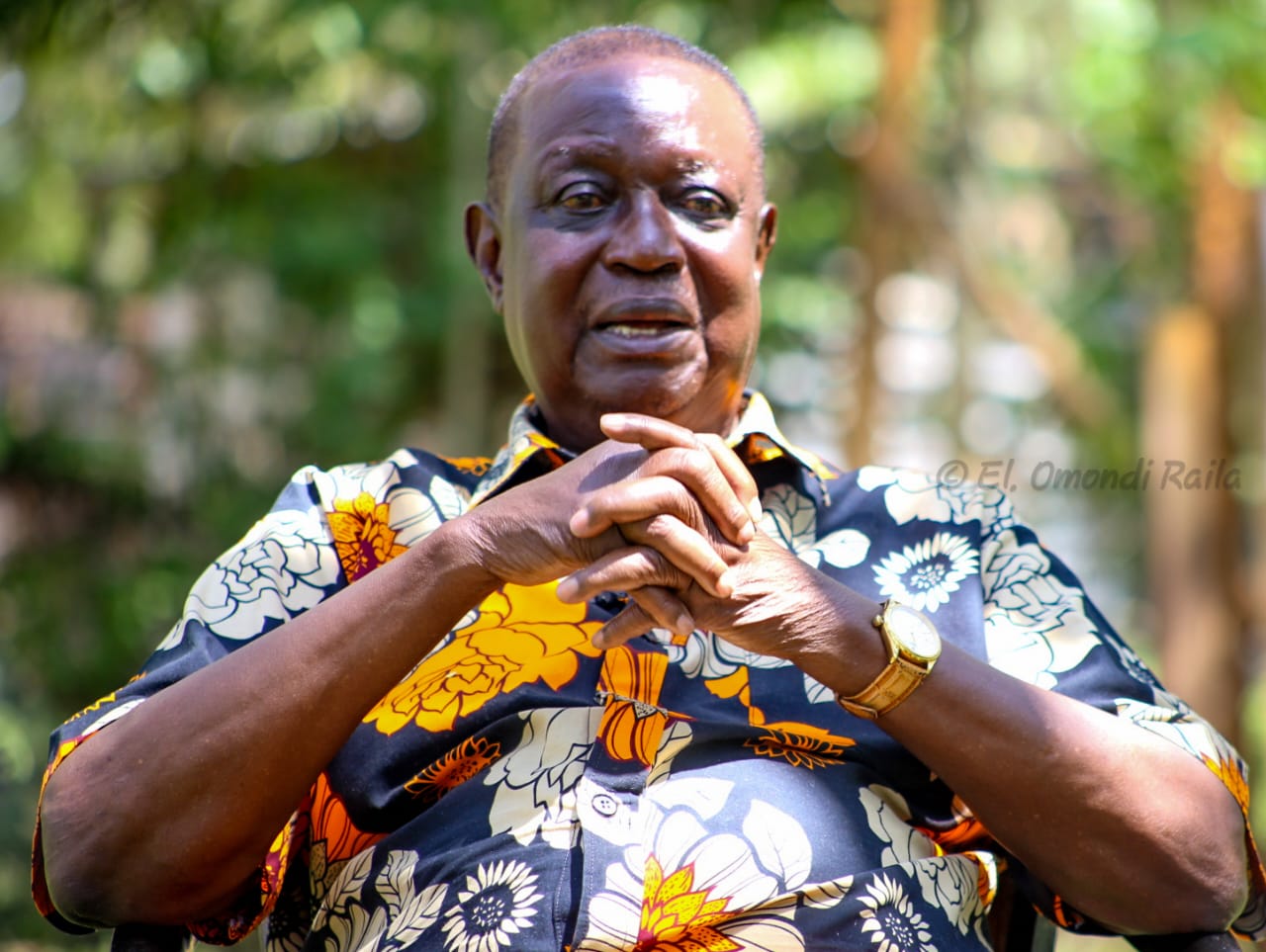
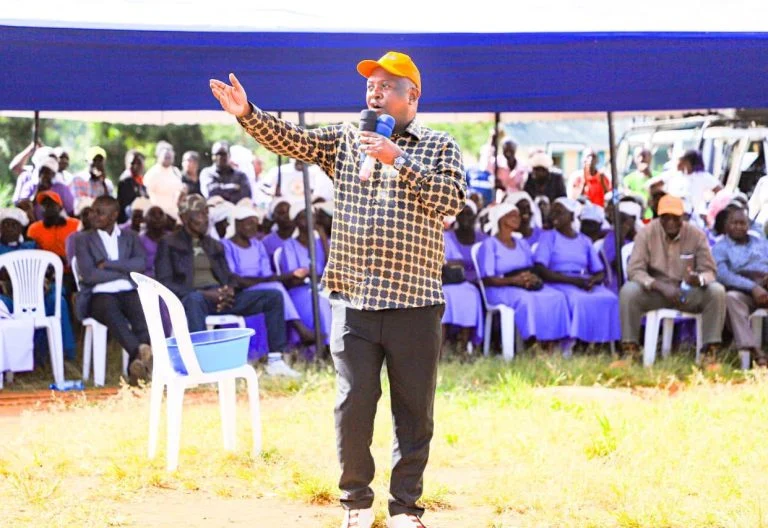
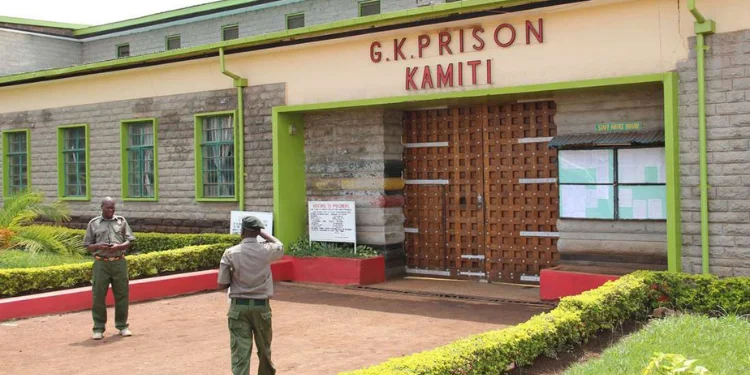


Leave a Reply